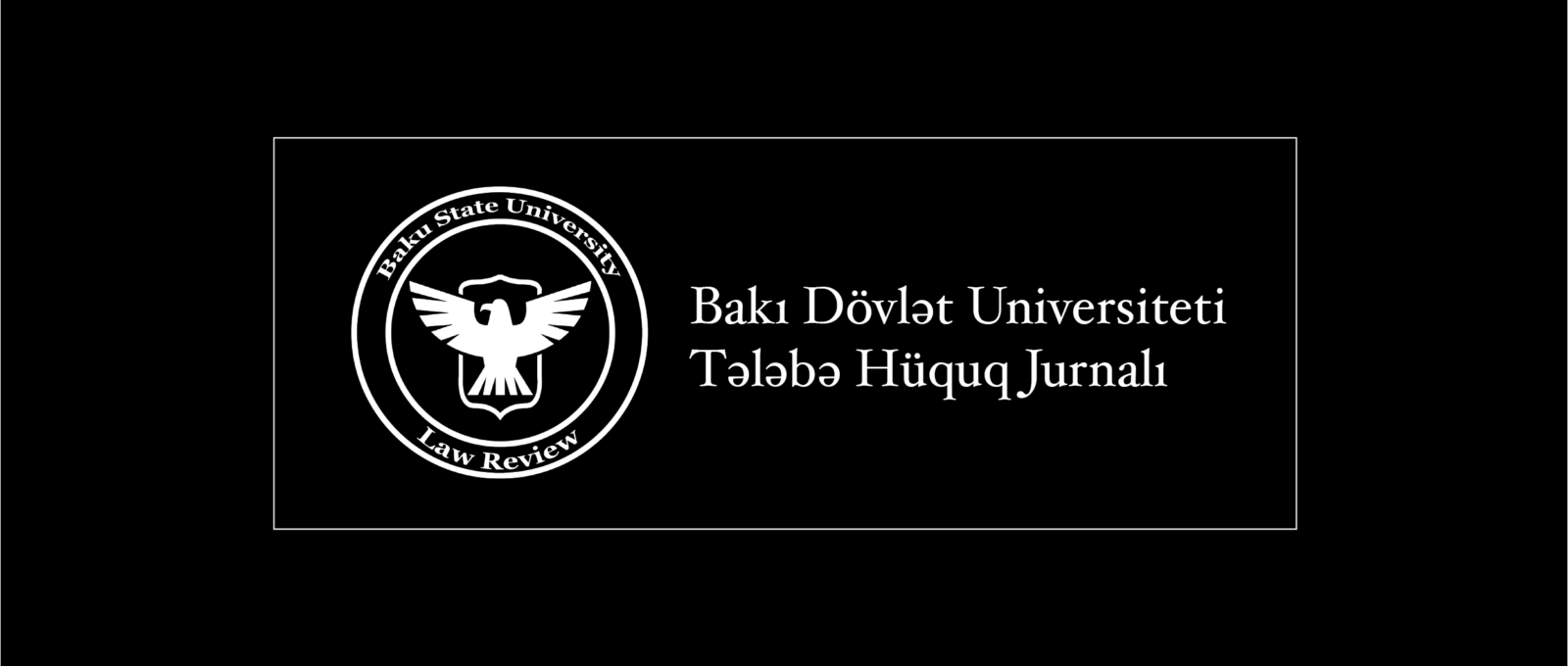Article language: English.
Abstract
Terrorists are self-admitted enemies to all peoples and States and are at war with the world. They do not confine themselves to operating within the same limiting spheres of humanitarian and human rights law, to which States subject themselves. They are unconcerned with the stability of the international community and ignore the foundation of State-to-State relations. Because terrorists are independent and unconstrained actors on the global stage, a special response is needed to wage an effective conflict against them. This response is accomplished by recognizing terrorists as hostis humani generis, an enemy to mankind. The classification of terrorists as hostis humani generis is justified because terrorists, as unique non-state actors, cause all States to suffer from their universally condemned actions, and only through a coordinated response can the international community overcome the terrorists’ egregious conduct. By designating terrorists as hostis humani generis, a State reinforces the use of force as a legitimate means to address this special class. A collaborative effort by States to persecute terrorists wherever they are found will reduce safe havens and diminish their ability to deal violence to the world, thereby preventing the terrorists from engaging in future human rights abuses.

